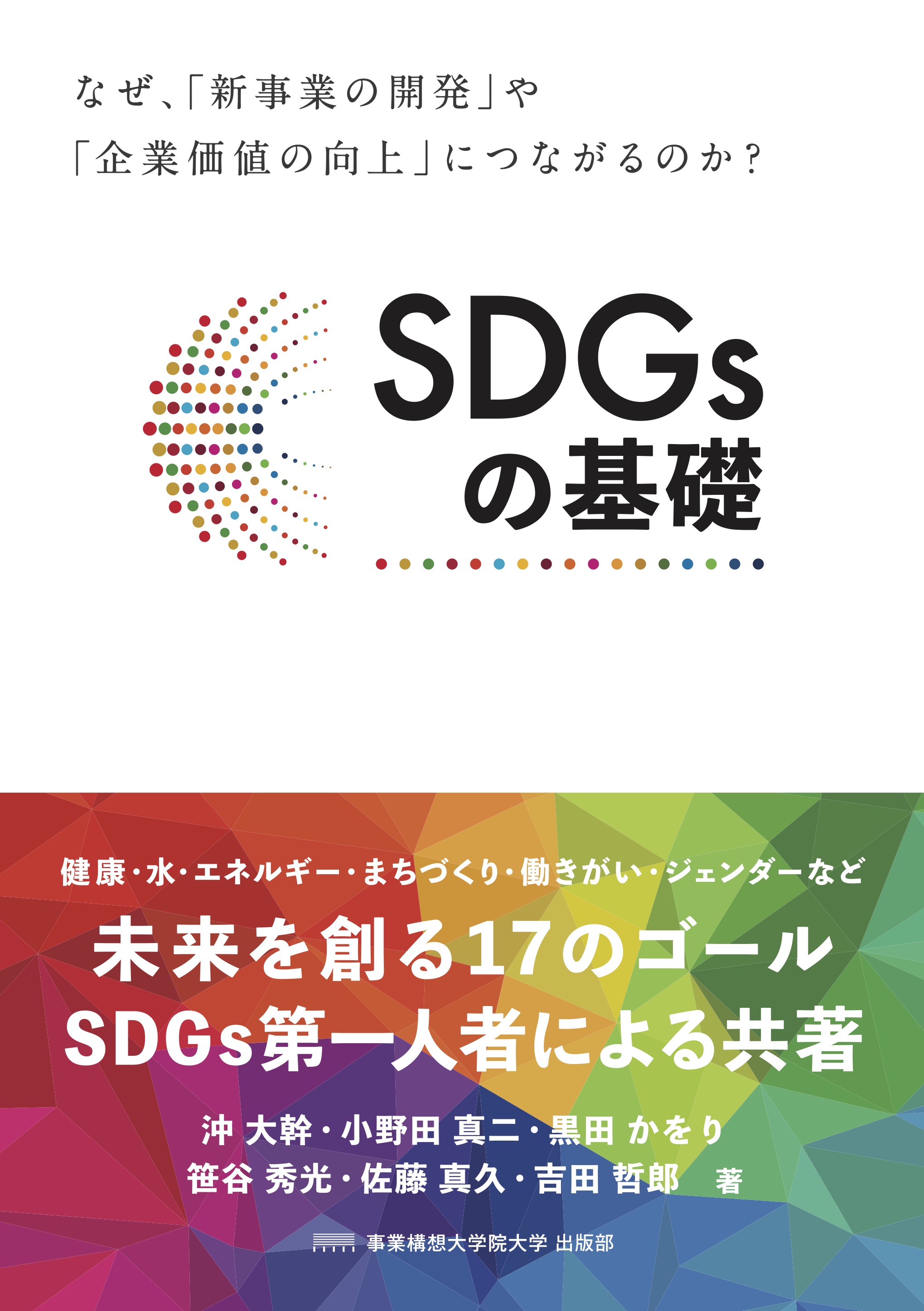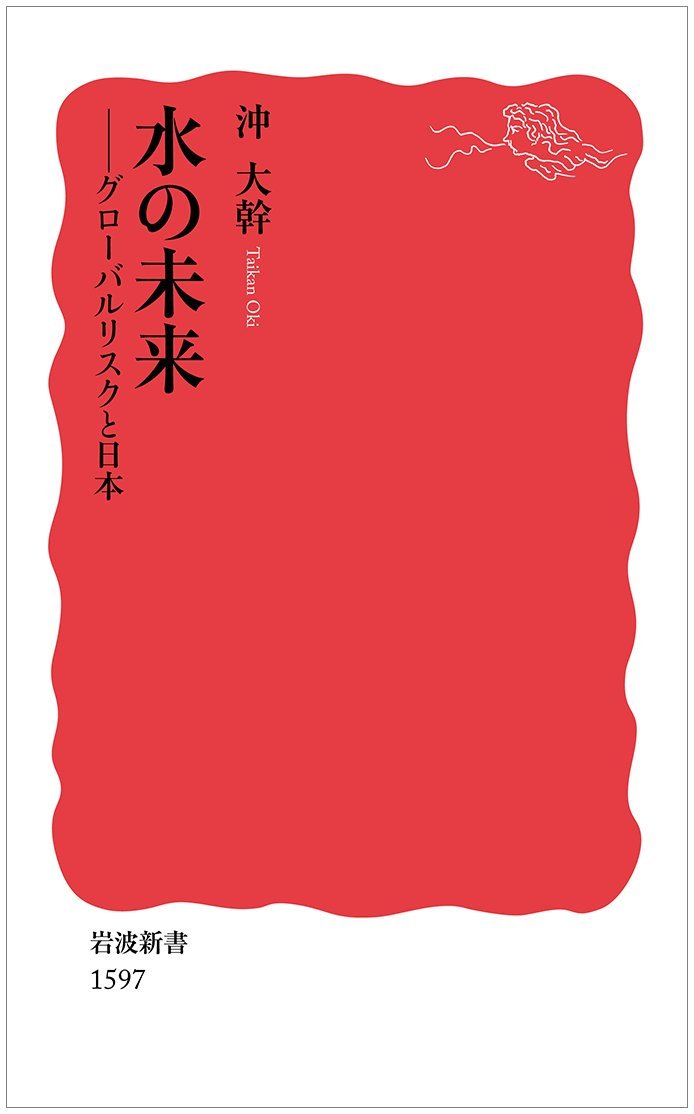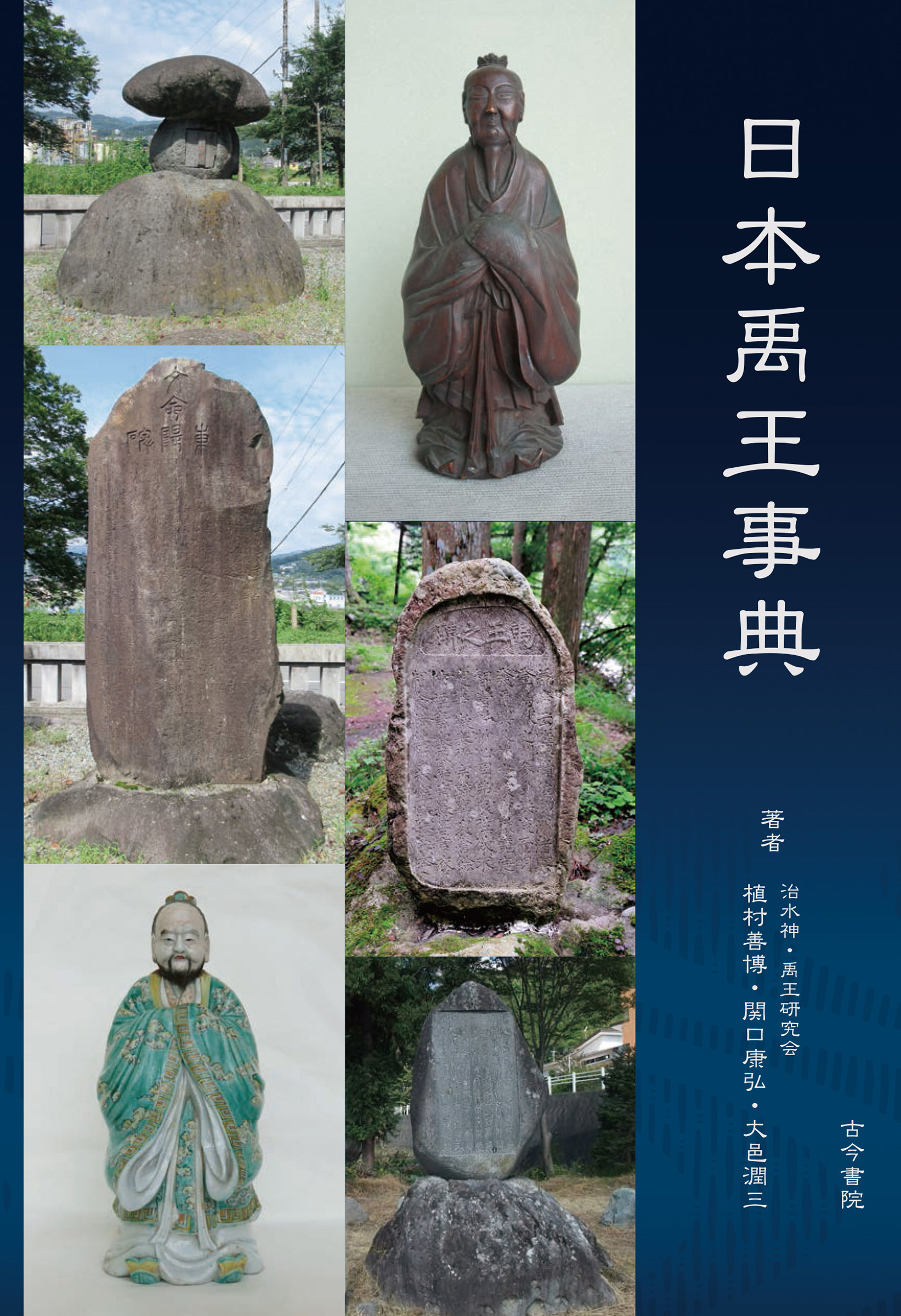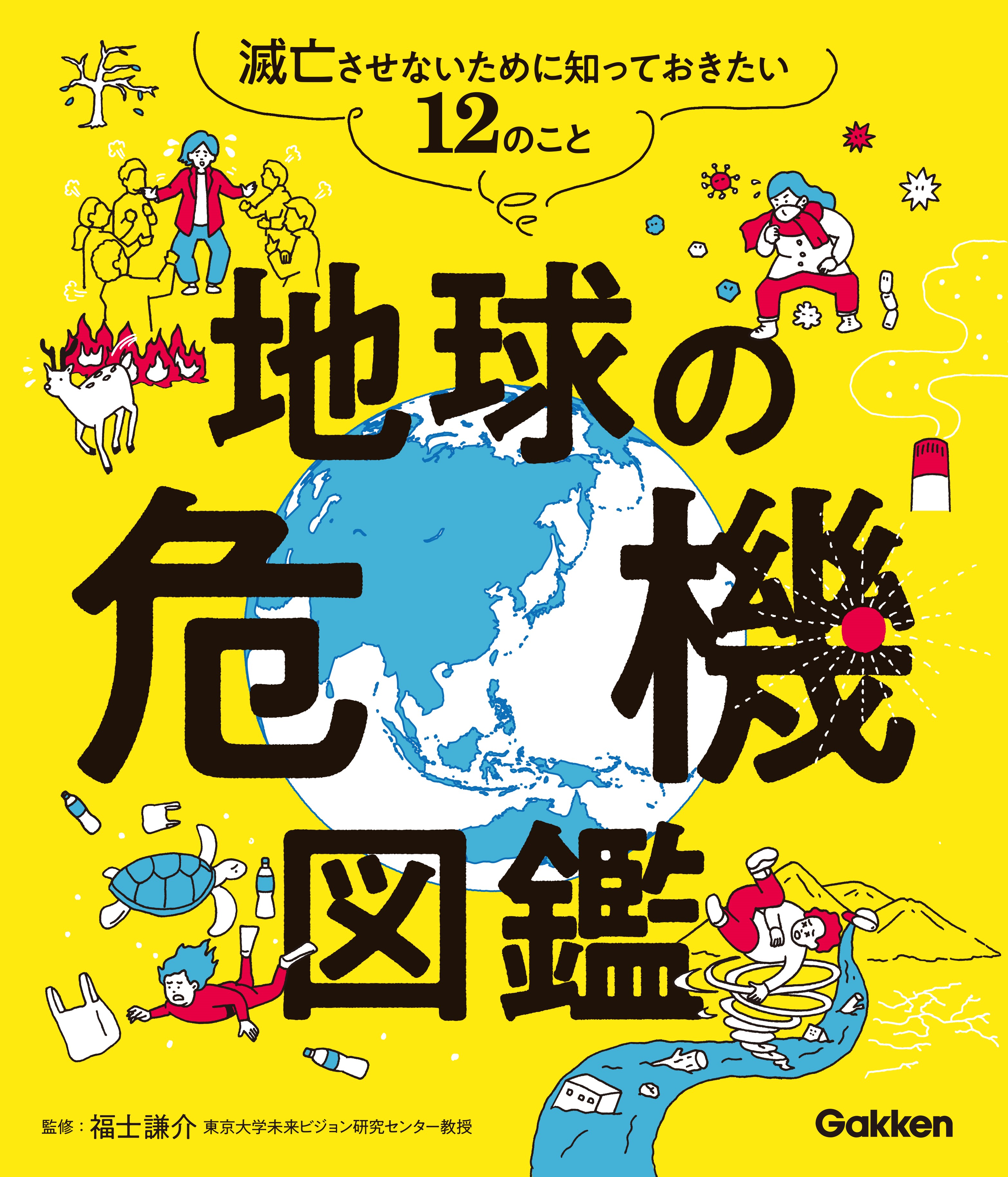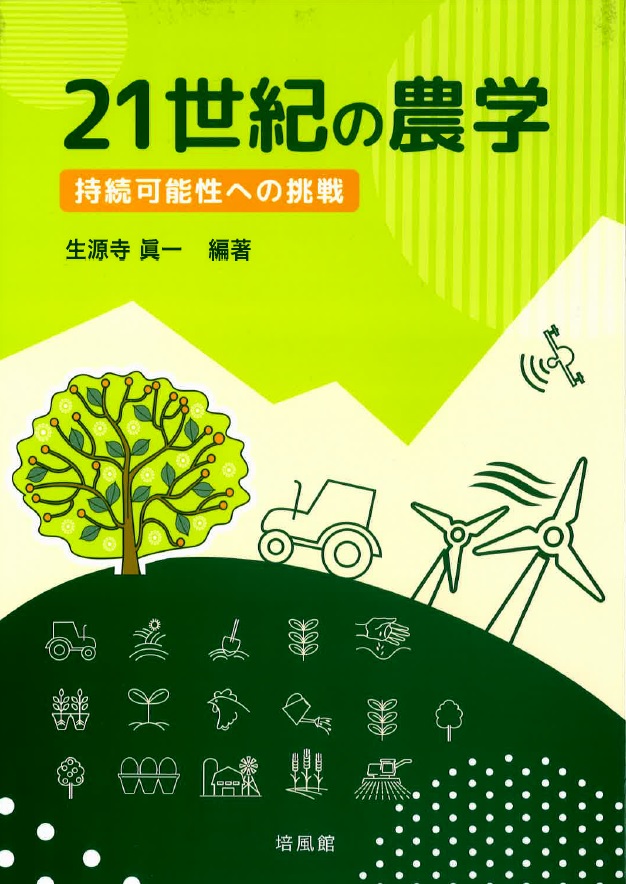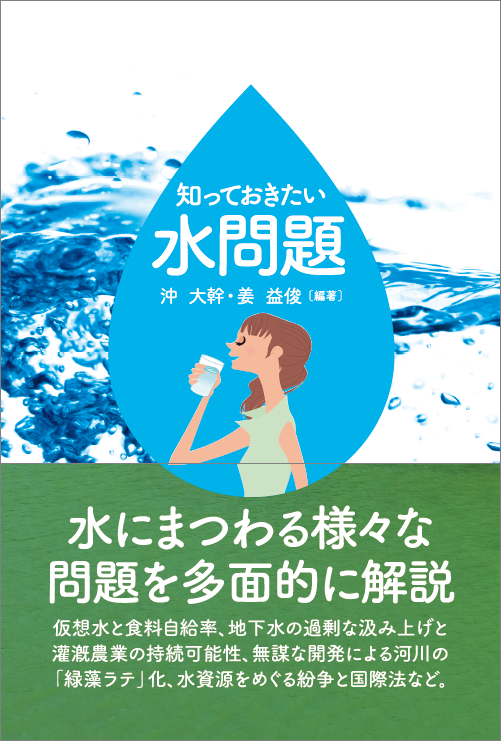
Title
Shitte okitai Mizu-Mondai (What you should know about water problems)
Size
216 pages, 127x188mm, softcover
Language
Japanese
Released
September, 2017
ISBN
978-4-7985-0192-5
Published by
Kyushu University Press
Book Info
See Book Availability at Library
Japanese Page
All living things, including humans, cannot survive without water, but we normally pay little attention to water. Unless there is some kind of disaster, there are almost no occasions when people experience concerns for water in modern Japan. This is not because Japan has a large amount of rainfall, but rather because the social system to ensure a stable supply of safe water have been developed over many years, and these social systems are well maintained and managed.
However, there are regions around the world with insufficient investment in water infrastructure, where water is not managed properly, daily use of water is a constant struggle, and there are conflicts between different regions over water. Although some people may benefit from a stable water supply due to the construction of new reservoirs, dam construction can result in forced relocation, destruction of regional communities, and adverse impacts both on upstream and downstream. Some regions have water but are unable to use it due to pollution.
The most important need for water is the production of the food that we consume every day; however, with the expected continuing growth in the global population, there are concerns about whether there will be enough water to grow the food required and about the effects on agriculture in regions that currently use unsustainable fossil groundwater.
Professor Ik Joon Kang of Kyushu University, who is also famous as a local radio disc jockey, planned a series of lectures presented by experts in various water-related fields to understand global water problems comprehensively, and this book is the compilation of those lectures. At first, the information was disconnected, like separate lecture notes of each presenter, but thanks to the efforts of the Editor in Charge at Kyushu University Press, the lectures are now compiled in an easy-to-read book. Each chapter is concisely divided into a number of topics, including global water resources, forests and water, groundwater, water and food, water and ecosystems, water and international conflict, and water and business and conservation, making it easy to comprehend the academic aspects of water across a wide range of fields, such as geophysics, geography, engineering, agriculture, forestry, the social sciences, and the humanities. The book also introduces some very interesting examples of water problems. For instance, among all of the major cities in Japan, Fukuoka has the greatest difficulty in securing water and has gone as far as introducing large-scale desalination plants. South Korea struggles with water management because it only has small, fast-flowing streams that flow directly into the sea from steep mountains, much like the case in Japan, and this difficulty is compounded by the extreme discrepancy in water volume between the dry and wet seasons. In Bangladesh, arsenic has been detected in wells dug with the help of official aid intended to improve access to drinking water, and tens of thousands of people have lost their lives because of cyclones. These examples provide insights into possible outcomes if the current water management system in Japan should fail.
I highly recommend reading the postscript. This section touches on topics that are not discussed in the main text, including problems with water and our sentiments, a story about foreign capital buying Japanese water source forests, the basic law on the water cycle, and switching from Millennium Development Goals to Sustainable Development Goals.
This book is perfect for anyone who desires an easy-reading but comprehensive overview of modern-day water issues.
(Written by OKI Taikan, Professor, School of Engineering / 2021)



 Find a book
Find a book


